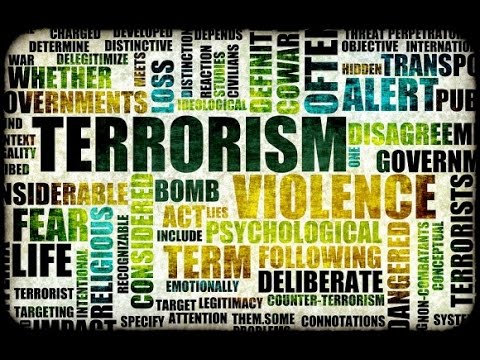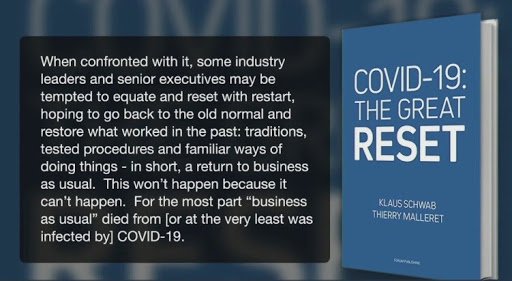Historian and book author Larry Schweikart wants the American public to know that slavery does not exist in the U.S. Constitution.
"I think it's important to recognize [that] slavery does not exist in our Constitution. Constitution refers to unfree persons – it talks about unfree persons or persons in servitude, but the key word there is persons," Schweikart told host Dr. John Diamond during the June 21 episode of "America Unhinged" on Brighteon.TV.
According to Schweikart, James Oakes mentioned it in his book "Freedom National."
"He goes through the early abolitionists, an anti-slavery movement, and how they caught on to this notion that slavery isn't even in the Constitution," said Schweikart, who noted that the North saw slaves as persons who were temporarily in a condition of servitude while the South saw slaves as property no different than a chair or a cow. (Related: Lawyer Brad Geyer tells Dr. Bryan Ardis: US Constitution, Bill of Rights are being trampled on – Brighteon.TV)
Oakes showed in his book that the Whigs and Republicans were trying to develop a strategy to get rid of slavery that was based on this idea of emphasizing personhood. The Whigs are the counterparts of modern-day conservatives in the United Kingdom.
America is one of the first three countries to ban slavery
The Brighteon.TV host said that the U.S., France and England were the first three countries to ban slavery.
Diamond also mentioned that the Declaration of Independence's original draft written by Thomas Jefferson had rebuked the king of England for capturing and bringing people across the sea and enslaving them.
Schweikart said Jefferson captured the essence of mankind when he said that all men are created equal, which was echoed by former South African President Nelson Mandela, who said that all people are created equal.
The historian also talked about what he calls the four pillars of American exceptionalism.
He said the first pillar was the fact that America was founded with a Christian, mostly Protestant, religious tradition; the second was common law; the third was private property with written titles and deeds; and the fourth was a free market economy.
"No nation in the history of the world to this date other than the United States has had those four pillars because England was an Anglican nation and the Church of England was taught down, the same way with Greek Orthodoxy, the Catholic Church, Shintoism, and so on, so forth. So we're the only nation in the entire history of the world to have those four pillars of exceptionalism," Schweikart explained.
American exceptionalism has been historically mentioned as the belief that America differs qualitatively from other developed nations due to its national credo, historical evolution or distinctive political and religious institutions.
Follow Freedom.news for more news about fighting against slavery.






















